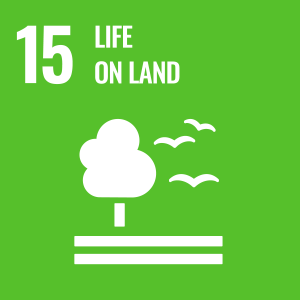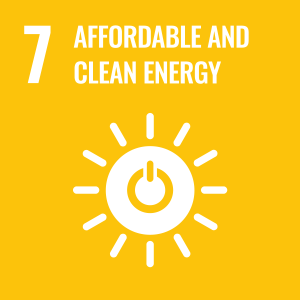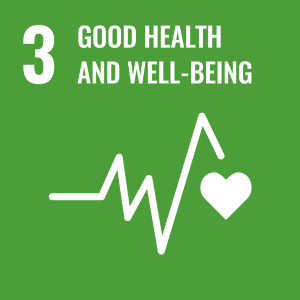Genetics and Variation
Students will learn that the causes of variation are by inheritance and interaction with the environment, the meaning of continuous and discontinuous variation, artificial selection and its comparison with natural selection; the knowledge of natural selection will then be linked to the concept of evolution, developing an appreciation of how different species change over time, with a final look at extinction, reflecting on how human activity is accelerating the rate of extinction. Assessment will be on-going, including retrieval practice homework via Seneca , in topic quizzes and End of topic tests followed by feedback.
Respiration and Photosynthesis

Students will learn about aerobic and anaerobic respiration and apply this to what happens in the body during, and after, exercise; the applications of anaerobic respiration; the chemical reaction of photosynthesis and where it takes place in plant cells; adaptations of plants to obtain the reactants needed for photosynthesis; non-photosynthetic plants that are often parasitic, and considering both respiration and photosynthesis by looking at biomes. Assessment will be on-going, including retrieval practice homework via Seneca , in topic quizzes and End of topic tests followed by feedback.
Reactivity
Students will about the differences between physical and chemical reaction, energy changes in reactions, writing chemical equations, the reactions of metals with acids and oxygen, the Law of Conservation of Mass, thermal decomposition reactions, metal displacement reactions and how they are used in metal extraction, and rusting and its effect on metals. Assessment will be on-going, including retrieval practice homework via Seneca , in topic quizzes and End of topic tests followed by feedback.
Rocks, Earth and Atmosphere

Students will learn about the 3 types of rock, how thy are formed and can be changed via the rock cycle; the processes that occur on the Earth’s surface and atmosphere and how this shapes the Earth’s surface and climate. Assessment will be on-going, including retrieval practice homework via Seneca , in topic quizzes and End of topic tests followed by feedback.
Electricity

Students will learn about the different models of electric circuits, which will then be linked to an understanding of what are complete and incomplete circuits; the path of a current in series and parallel circuits; current, voltage and their units, drawing and building circuits using circuit symbols. Assessment will be on-going, including retrieval practice homework via Seneca , in topic quizzes and End of topic tests followed by feedback.
Space
Students will study how objects are kept in orbit because of gravity, including natural and artificial satellites, as well as the arrangement of bodies in the solar system and the relative sizes of the Earth, the Moon and the Sun; how the movement of these objects results in eclipses; the differences between solar and lunar eclipses; how the Earth rotates on its axis to produce day and night and how its tilted axis produces seasons, and the effect this has on the length of days and the different seasonal temperatures. Assessment will be on-going, including retrieval practice homework via Seneca , in topic quizzes and End of topic tests followed by feedback.
PD Unit – Drugs

Students will learn about the various types of drugs, the effects of drugs and alcohol on the body; describe some of the health risks associated with occasional and problematic substance use and recognise and challenge myths related to drug use and drinking alcohol. This unit is not assessed.



